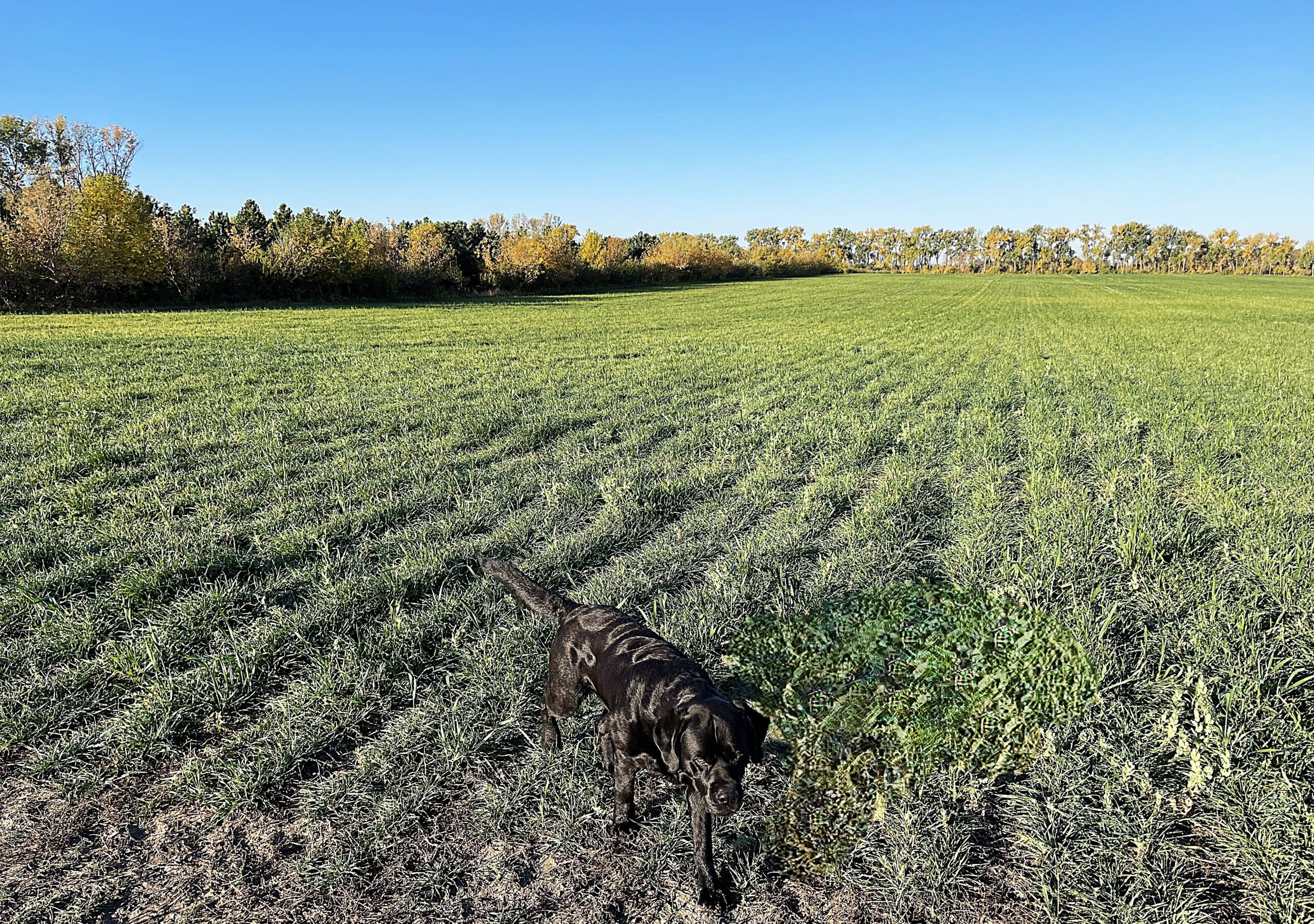I can’t begin to list the reasons why I love birds. It might be their cheerful, if not urgent dawn voice? Is it the slower pace of their evening song? Their color, their fragility, their resiliency? Along with so much more, birds sanctify this place spring thru autumn. When the days grow hot – an unwavering July promise – I am glad birds wake me each dawn and lull me to sleep at twilight. Yes, 10 o’clock twilight this time of year is bedtime for some farmers!
What does this have to do with Bluebird Grain Farms? In some ways, everything. Twenty years ago when we thought of what to name our farm, we settled on a bird that sanctifies this place we live and love most of all. As well, by farming in a fashion that respects all of Nature, birds signify the health of a countryside the same way fish might reflect the purity of a stream. When we have large varieties of birds at the Farm it makes us feel good knowing they are here for the habitat and food, whether creepy-crawlies in the soils, or the actual crops themselves. Our partner growers feel much the same, and we often swap photos of the different wildlife at our separate farms.
Lots of birdlife means healthy soil and rich grains that come from these soils. Of course, we take water samples and soil samples but there are few substitutes for actually strolling the fields, touching the earth and seeing what we see with our own eyes and the feeling it gives. It may not always be positive, either. Maybe a crop isn’t looking as we’d hoped, or there are field edges that need improvement. Maybe we are having to water a little more than planned, or there is extra weed pressure. These things do not always show up on tests. As scientific as some have tried to make agriculture, last time I checked it remains inexact. Intuition can tell me a lot and generally if the early morning field is active with birds, bees, deer – I know we have something good going on.
And we do have good things going on here at Bluebird! Lots of good summer visitors show up in our tiny valley to enjoy this scenic place. Customers – both old and new – bring their smiles to the Farm door. My favorite part is meeting new customers, or customers that have known us for years through the internet but stop by and visit for the first time! There are few substitutes for authenticity. We feel very fortunate to be part of a number of very authentic, and very small businesses here in our valley that work hard day in and day out to serve customers with consistency and quality.
Twenty years ago when we started Bluebird Grain Farms, Brooke and I knew we needed to offer the freshest and highest quality 100% organic whole grains and flours. We knew we needed a brand with a signature that spoke to our ethics. In that 20 years, many hatches and generations of bluebirds have come and gone, but each turn around the sun has taught us a ton, and in the end has kept us right here, doing what we have always done. I am grateful we have been able to grow to meet your demands. I am grateful for the support we have always had and continue to have as we maintain quality and consistency in growingly uncertain times. Solid food supply will never go out of style. For sure, this was one reason our forefathers fought for their independence!
June stayed cloudy at times, somewhat cool, but never delivered our rains. July has come in hot – literally. Residual moisture from the late fall rains last year, then the solid snowpack on unfrozen ground is what has kept the hills somewhat green all the way until now. That is all about to change, and we are bracing for what could be a smoky and somewhat scary next couple of months. Not a great scenario, yet Nature always holds surprises.
With our cover crop peas all turned under, and our summer cover of buckwheat up and running, I guess all there is to do is keep milling, packing and delivering our best around the West. Oh, and maybe go fishing?? Or hiking? Or swimming!
A family of grouse pecks around the clover just outside my door as I write these notes. This month’s notes are dedicated, most of all, to our long lived Labrador named Tucker who made it to 15 and knew a thing or two about grouse, and cover crops, and how to wag his tail at most everyone he saw. We said goodbye to him last month. Now he rests down by the cool creek along with our others. He wasn’t necessarily a big fan of summer anyway, though he did like to fish!
Democracy is perhaps the hardest form of government to maintain. Two hundred and fifty years ago our forefathers gave us the opportunity to try and despite the ups and the downs, now is no time to quit. Let’s celebrate by rejoicing in the freedoms we still have in this great country.
Cheers, Tucker. Cheers, America
Farmer Sam
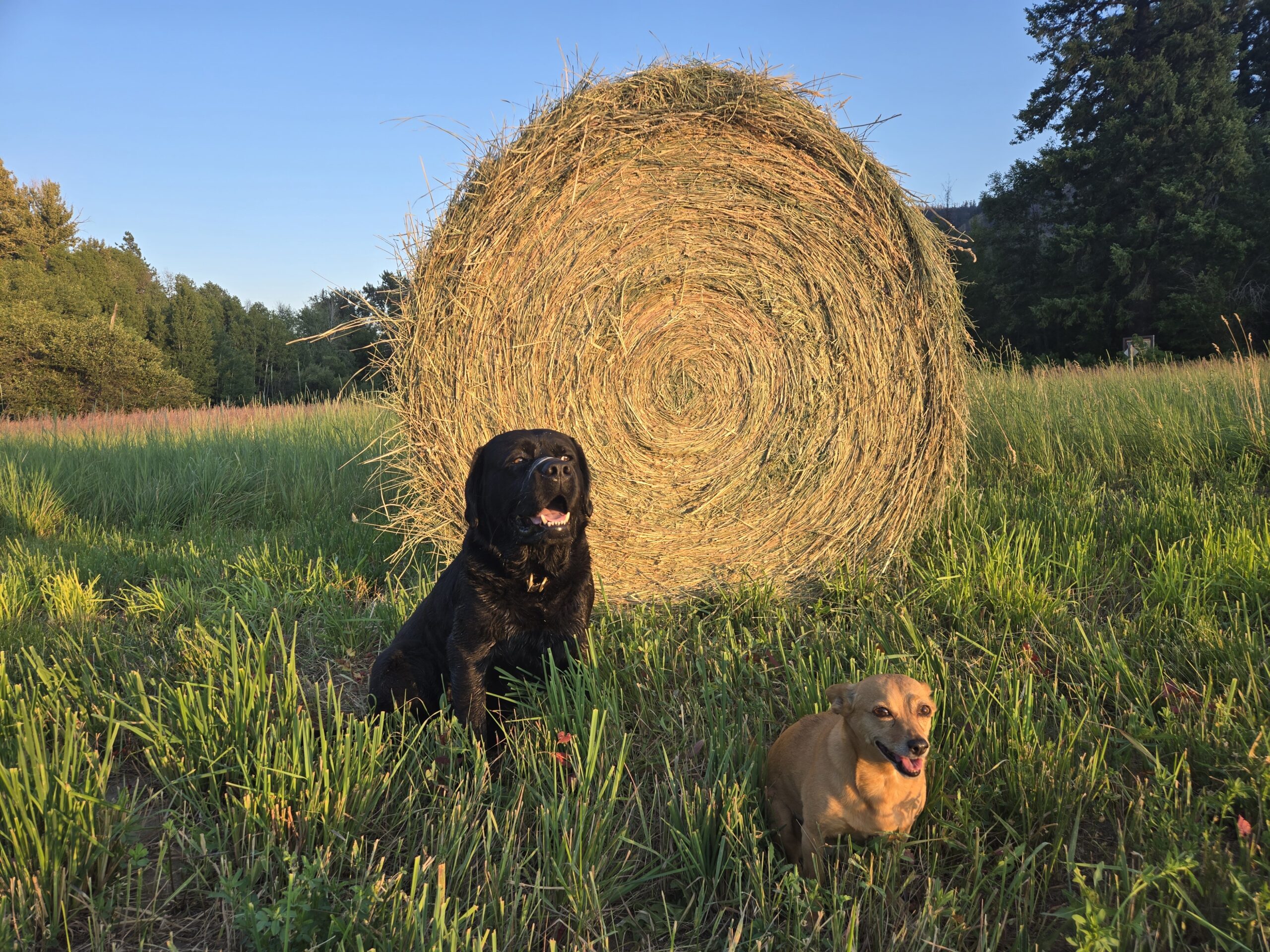
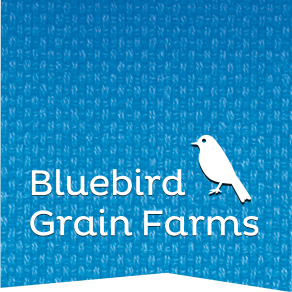
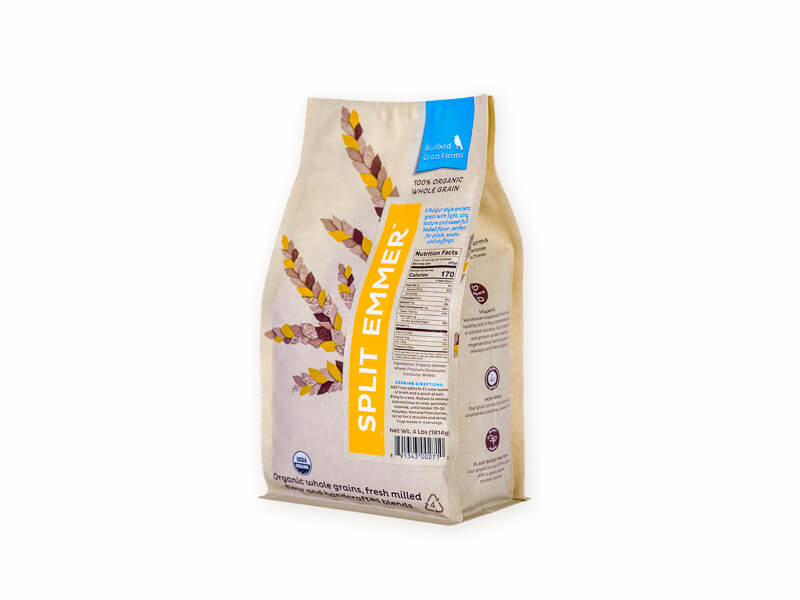
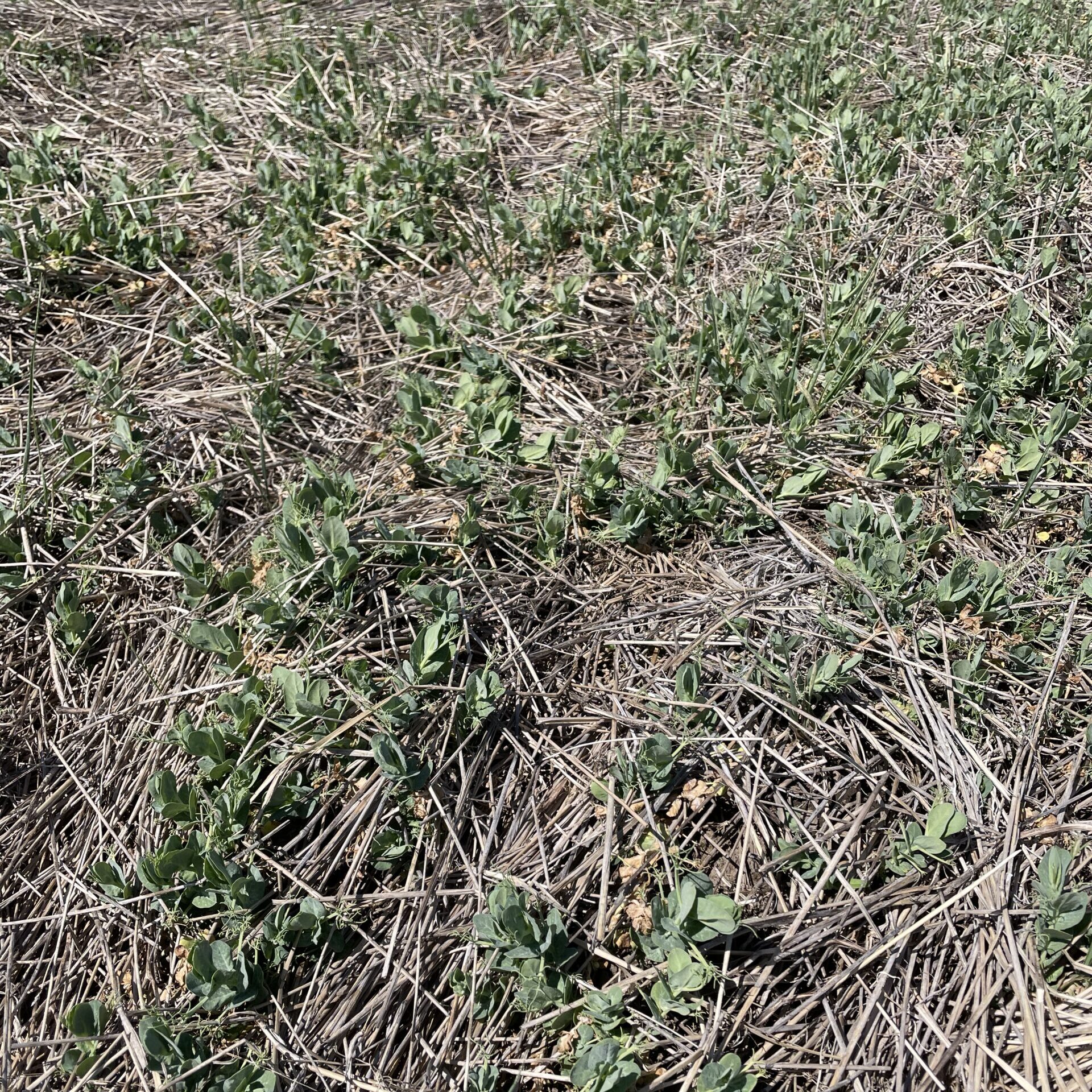
 May 23rd from 5-7 pm: Sample and learn about Miso with
May 23rd from 5-7 pm: Sample and learn about Miso with 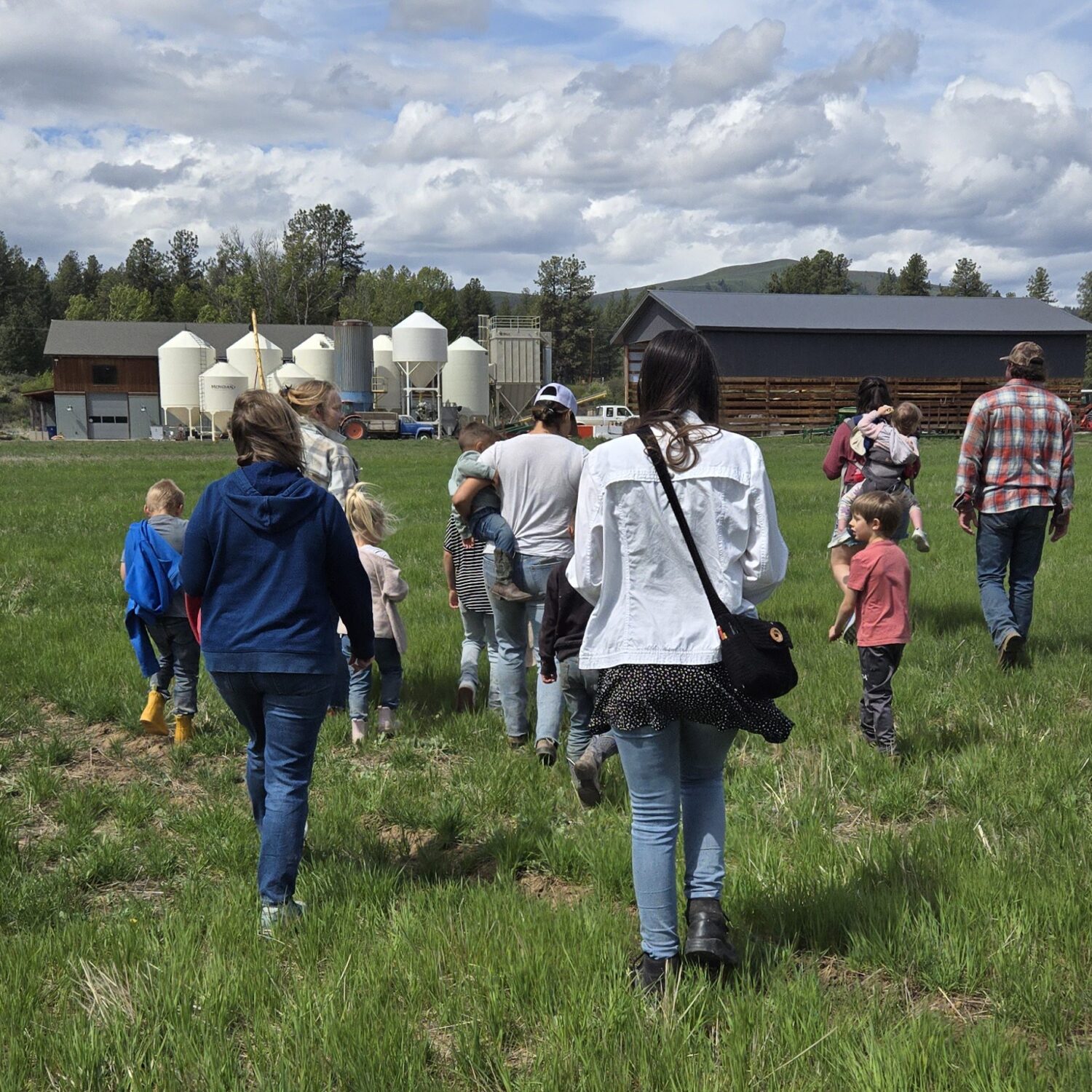 May 24th Farm & Granary Tour 10am-11am: Join us for an open house and tour. Open house will be from 9-2pm, farm tour is from 10-11. Please register for our tour
May 24th Farm & Granary Tour 10am-11am: Join us for an open house and tour. Open house will be from 9-2pm, farm tour is from 10-11. Please register for our tour 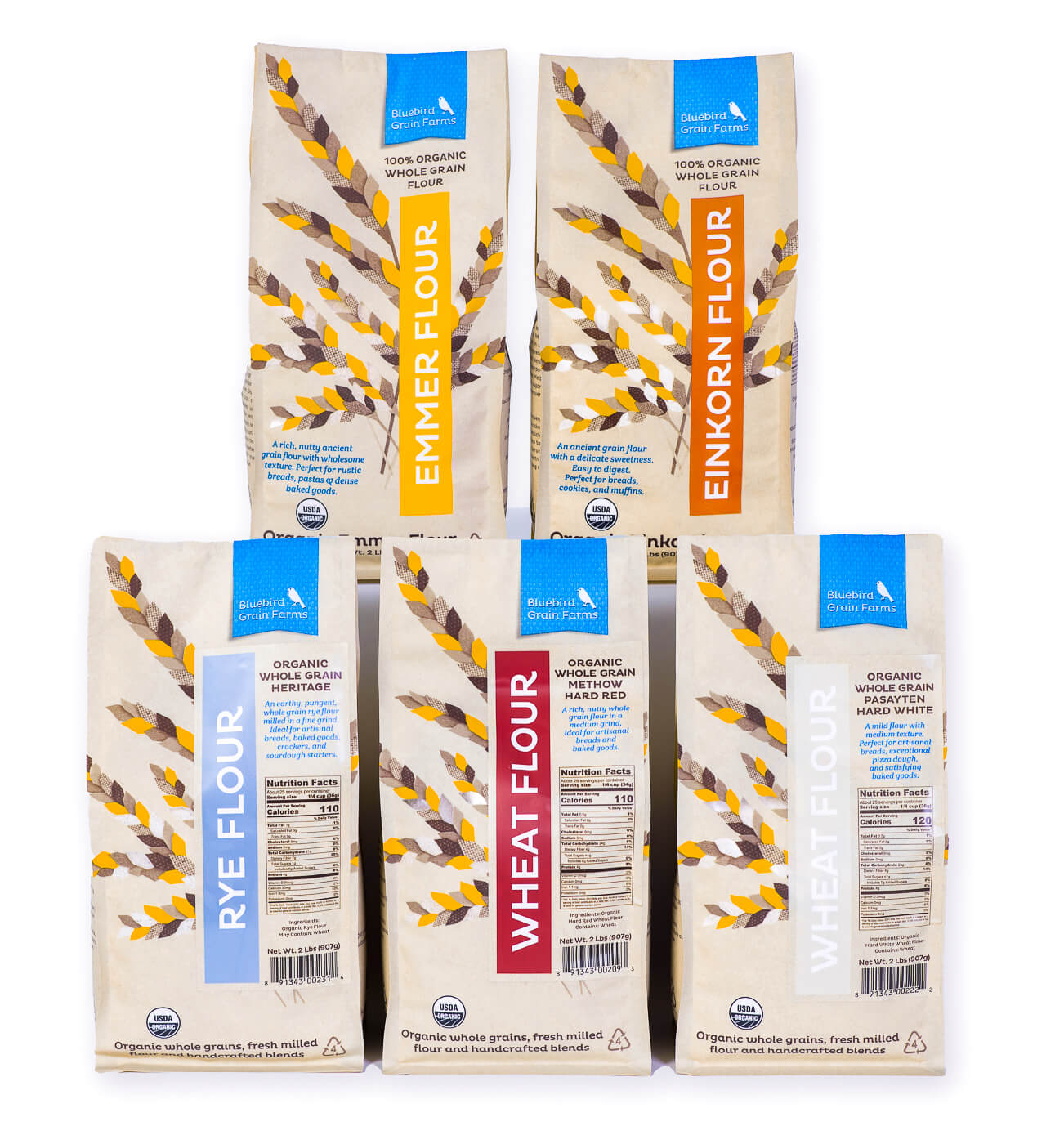 Our best selling flours hit
Our best selling flours hit 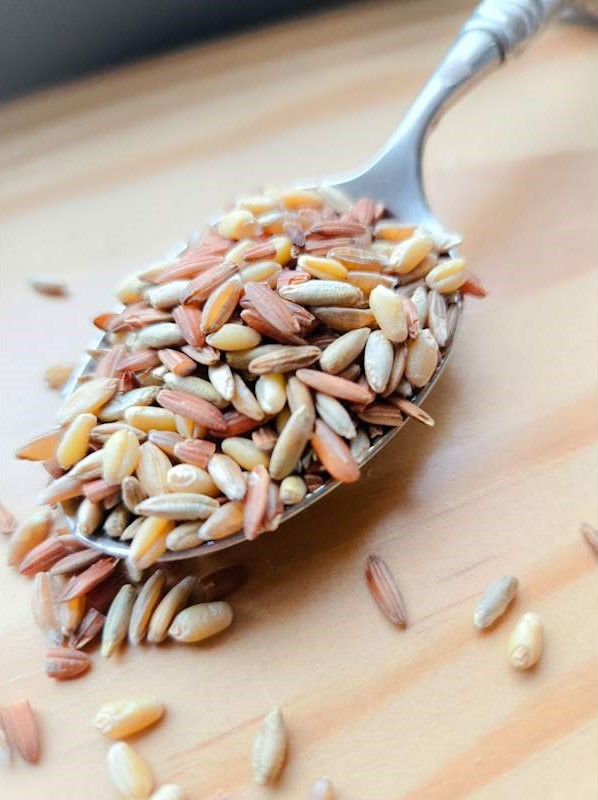
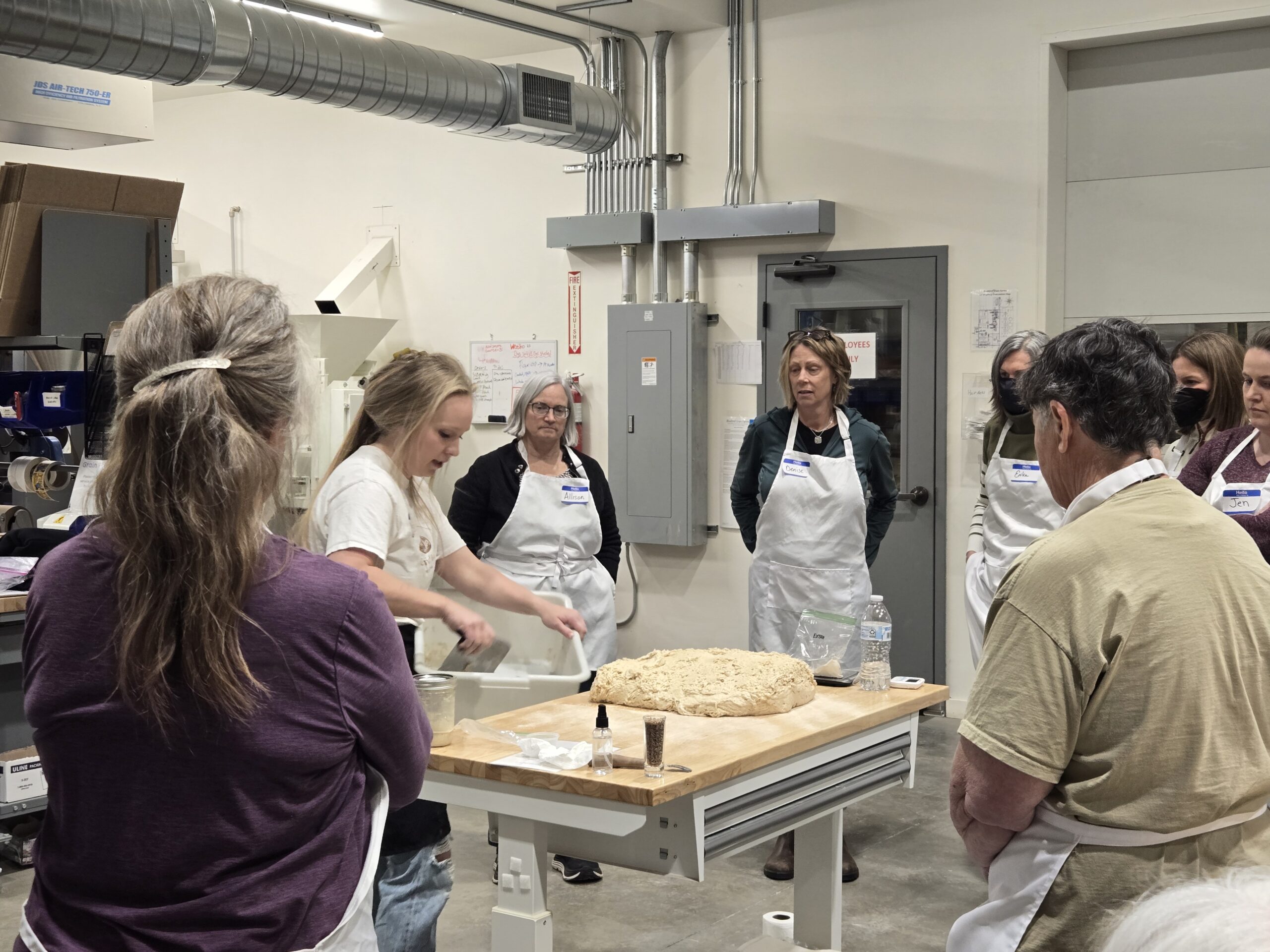
 Farmer Sam’s New Book is Here!
Farmer Sam’s New Book is Here!